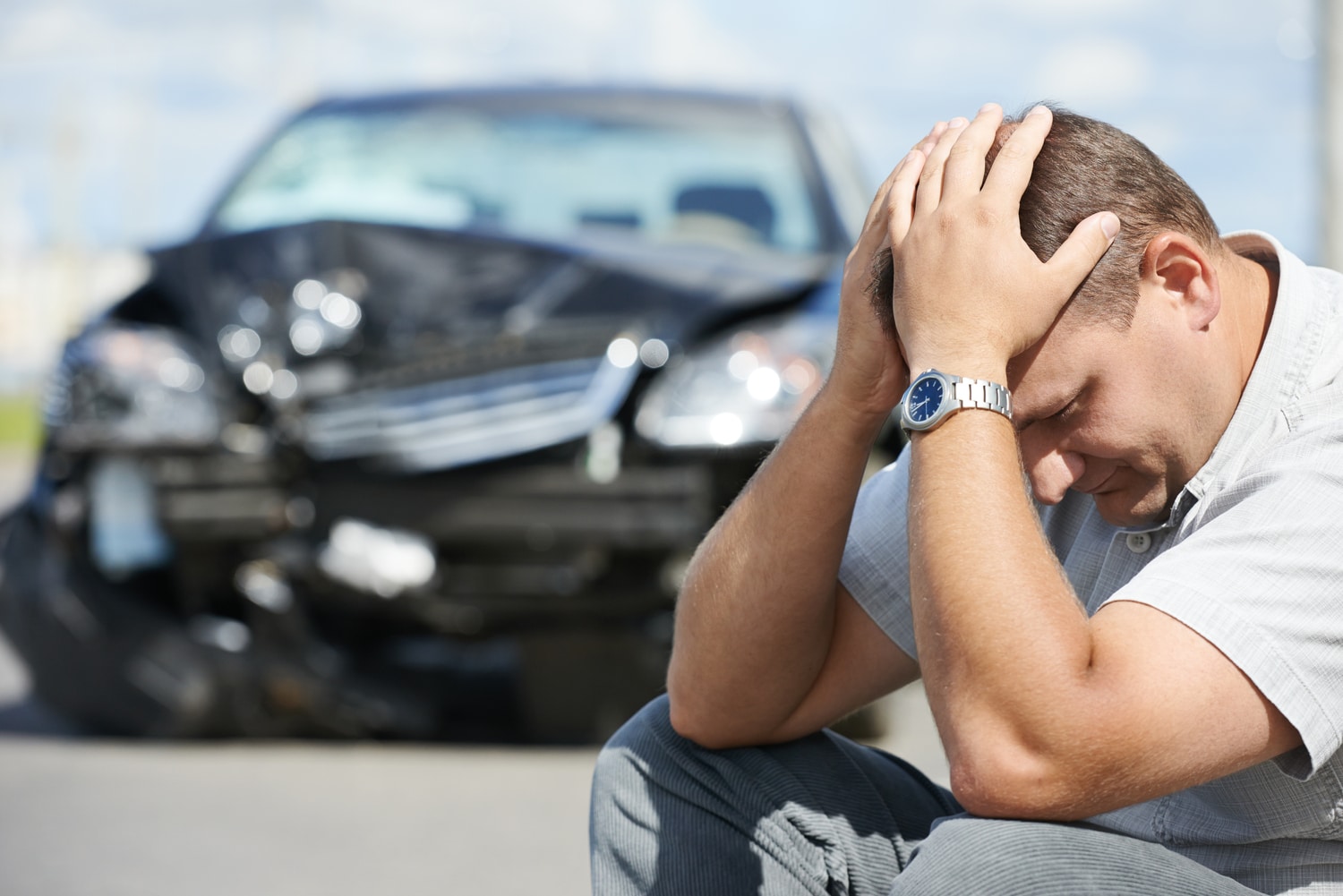Texas drivers have a wide range of options when it comes to auto insurance policies. With so many choices, it can be tough to figure out what coverage you need and when.
One essential type of coverage is personal injury protection (PIP). You may have heard of it, but do you know what PIP contributes to your policy that other types of liability, collision, and medical coverage don’t?
In this post, we’ll outline the general auto insurance requirements in Texas. Then, we’ll dig deeper into PIP coverage and explain how this specific coverage works to supplement your mandatory auto insurance coverage.
Understanding Auto Insurance Requirements in Texas
Like the vast majority of states in the U.S., Texas requires auto owners to insure their vehicles. This insurance requirement is very important. Imagine if there was no auto insurance requirement: after a car crash, you’d have to depend on the person who caused the wreck being wealthy enough to pay for all your medical bills and damages. Otherwise, you’d be on the hook for everything.
With an auto insurance requirement in place, every driver has to prove they can pay for the damages if they cause a wreck. This is also important because Texas observes a fault-based system for car wrecks. In a fault-based system, drivers pay for damages they cause in a crash (whereas in a no-fault system, each driver turns to their own insurance coverage for benefits, no matter who caused the crash).
As an example, if another driver runs a red light and hits your car as you drive through an intersection, they are at fault. So, they (and their insurance carrier) are responsible for your medical costs and property damages.
However, there’s a twist: even though every driver must carry auto insurance, the law only requires them to purchase coverage up to a certain minimum amount. If a driver causes a wreck, their insurance company only has to pay for damages up to the amount of coverage.
Auto insurers offer eight coverage types in Texas, and most of them are optional. However, some of these optional types can protect you in case you get hit by a driver who doesn’t carry enough coverage to pay for all the damages and losses you’ve suffered.
Required Auto Insurance Coverage in Texas
Every auto owner in Texas must carry basic liability insurance to pay for damages they cause. Known as 30/60/25 coverage, this type of minimum plan pays the following benefits after a traffic crash.
- Basic liability insurance covers:
- $30,000 for injuries per person, up to $60,000 per crash
- $25,000 for property damage
These amounts may sound like a lot of coverage, but they probably won’t be enough to pay for all the damages in a multi-vehicle crash or a wreck that causes severe injuries. So, if the at-fault driver carries minimum coverage and causes a serious collision, there’s a good chance you’ll be stuck with a lot of leftover medical bills and other damages that aren’t covered.
Besides the basic liability coverage requirement, if a driver still owes money on their vehicle, their insurance carrier will require the following additional coverages:
- Collision coverage to fix or replace the vehicle
- Comprehensive coverage in case the vehicle is stolen or damaged by something other than a collision (such as a flood or fire)
Optional Auto Insurance Coverage
In addition to liability, collision, and comprehensive coverages, Texas auto insurers offer five types of additional coverage:
- Uninsured/underinsured motorist (UM/UIM): Pays your medical and repair costs if the at-fault driver has no coverage or not enough coverage, or if you’re the victim of a hit-and-run crash. This is optional coverage, but you must opt out in writing if you don’t want it.
- Towing and labor: Pays towing costs for undriveable cars and labor for changing flat tires or jumping dead batteries.
- Rental reimbursement: Pays car rental costs if your vehicle is being repaired post-crash or was stolen. Some policies may cover taxi costs and charges for ridesharing services.
- Personal injury protection (PIP): Pays medical bills plus lost wages and other costs for you and your passengers. PIP can even cover “replacement services” for household contributions (for example, hiring someone to clean the house because you’re no longer able). This is optional coverage, but you must opt out in writing if you don’t want it.
- Medical payments (Med Pay): Pays medical bills for you and your passengers. Similar to PIP but doesn’t pay for lost wages. PIP coverage is usually a better option, but some people purchase Med Pay to supplement their PIP coverage.
Personal Injury Protection as a Safety Net
If you’re the victim of a traffic crash, your priority should be the safety and well-being of yourself and the passengers in your car. After that, you’ll want to figure out what kind of shape your vehicle is in and how you’ll manage transportation. You shouldn’t have to worry about where the money for medical treatment and auto repairs will come from.
Unfortunately, if the other driver has minimal coverage, you may find yourself with more medical bills and repair costs than the insurance company will pay for. Or, if the at-fault driver caused a multi-car crash, you could find yourself fighting with other drivers over a fraction of the total benefits.
So, if you are the victim of a traffic crash and the at-fault party’s insurance doesn’t cover your financial losses, PIP can come in to give you the time and space you need to truly heal. Think of it like a safety net that kicks in when the at-fault driver’s insurance coverage isn’t enough.
“All Texas auto insurance policies include personal injury protection (PIP) by default, so you must tell your carrier in writing if you wish to opt out. Although opting out can seem like an easy way to cut down your insurance bill, we can say from experience that doing so might cost you much more later — and at the worst possible time.”
Contact Crosley Law for Help After a Car Wreck in San Antonio
If you’ve been hurt in a car crash in San Antonio, contact Crosley Law for help. We know this is a confusing and stressful time, but we’re here to fight for you and get you the compensation you deserve.
To schedule your free consultation and get advice from one of our experienced lawyers at no cost to you, call us at 210-LAW-3000 | 210-529-3000 or fill out our quick and easy online contact form.
The content provided here is for informational purposes only and should not be construed as legal advice on any subject.









